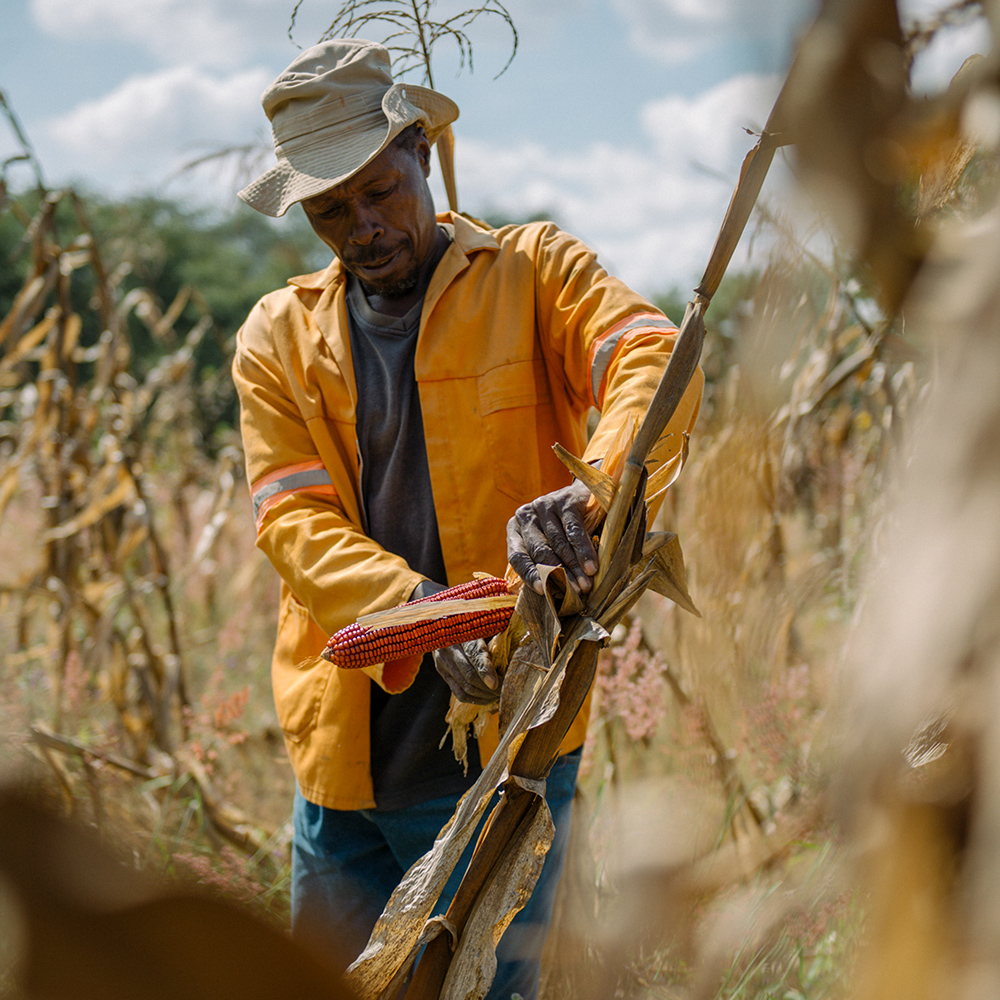With changing climates, farmers experience new challenges. Crops behave differently and insect pests appear in new areas. Smallholders who farm in marginal environments with limited resources are particularly vulnerable. This project investigates the role of new crop biotechnologies in smallholders’ adaptation to climate change. Through the lens of maize, we aim to understand the changing role of agriculture in South Africa.
To help smallholders deal with new challenges, new biotechnologies, such as drought or pest resistant crops can play a role. However, we know from previous experiences that hybrid and genetically modified crops have rarely brought the revolutionary changes envisioned for smallholder agriculture. If modern crop technology is to be of help to smallholders, we need to learn more about why previous methods have failed.
A combination of social, political and biological factors
Much social science would argue that the reason crop technology has not brought the revolutionary changes to food security that plant breeders had hoped for, is that food security is primarily a political and economic matter. We support this statement but suggest that it is not enough to look at political and economic factors to understand why past introductions of new crop technologies to smallholders have failed. As food production is shaped by a combination of social, political and biological factors we need to study these in combination to learn about the role of crop technology for smallholders.
A multifaceted analysis of new crop technology
To embrace the wide set of factors that impact biotechnology outcomes, this project focuses on the relational agency of crops, meaning how crops produce outcomes as a result of both their own properties (such as being insect-resistant or drought-tolerant) and how these properties are enacted as a result of relations with other actors such as scientists, government policies, climate change and insects. This approach allows us to jointly evaluate the biological, social and political factors that influence crop technology pathways.
We will work with smallholder maize farming communities in South Africa to investigate how locally used maize varieties (including traditional varieties, hybrids and genetically modified varieties) are appreciated and used by different smallholders. We will further investigate how the maize produces context specific outcomes as a result of its relations with smallholders’ practices, insects, agricultural policies and wider political economy and ecology. The result will be a better understanding of the factors that together impact whether or not and under what circumstances smallholders can benefit from new crop technology.

A man harvesting maize. Photo: Xavier Vahed.
